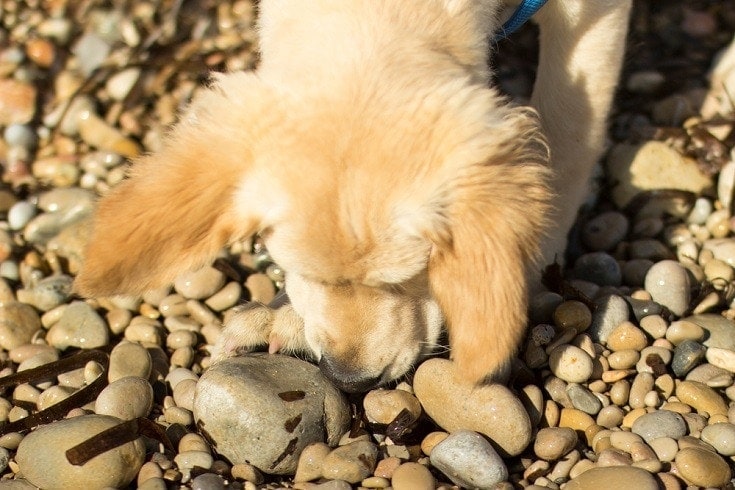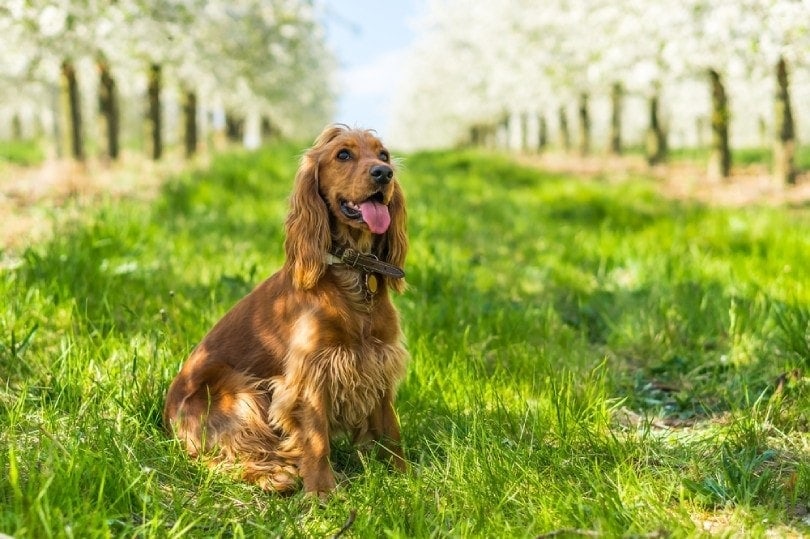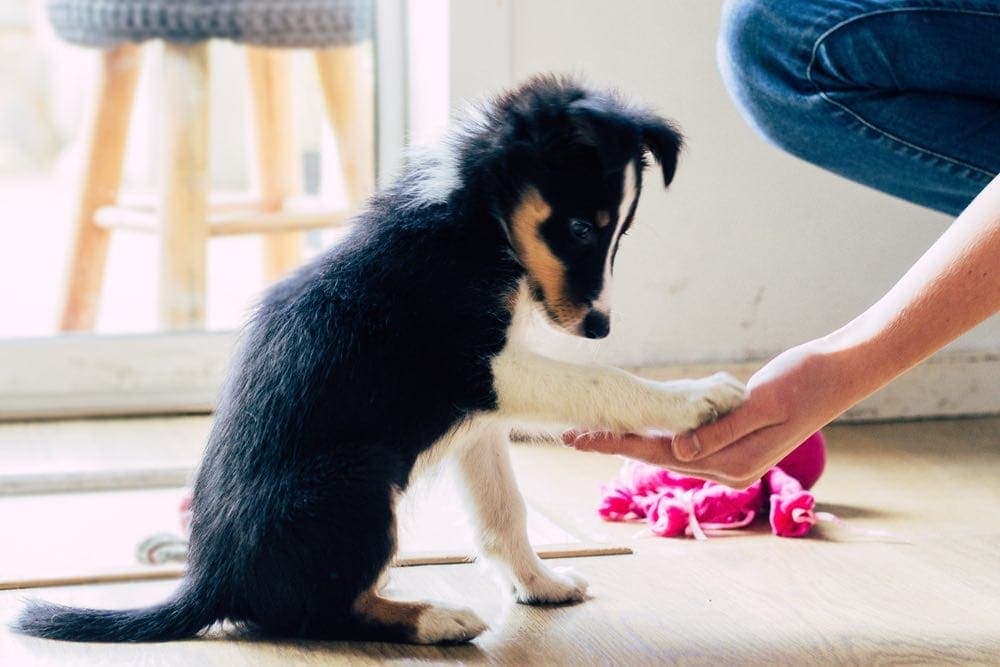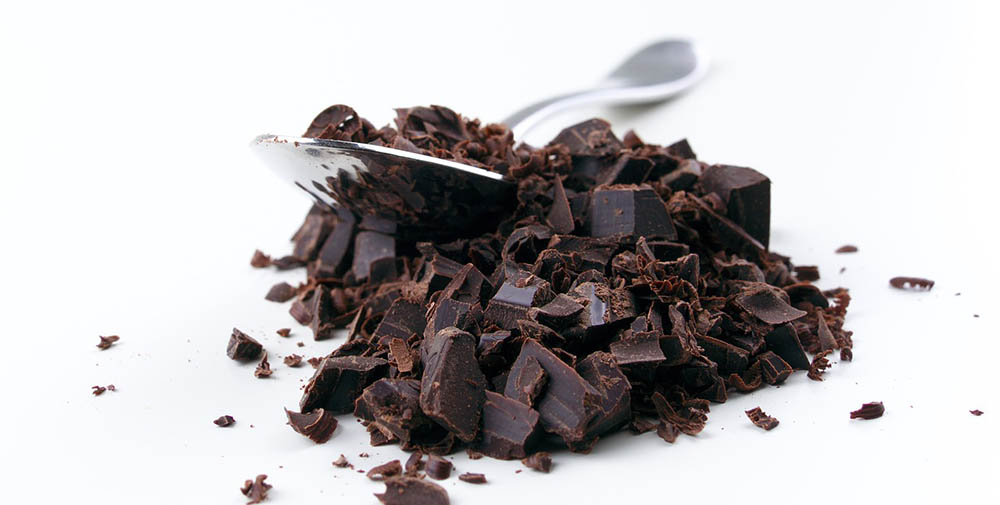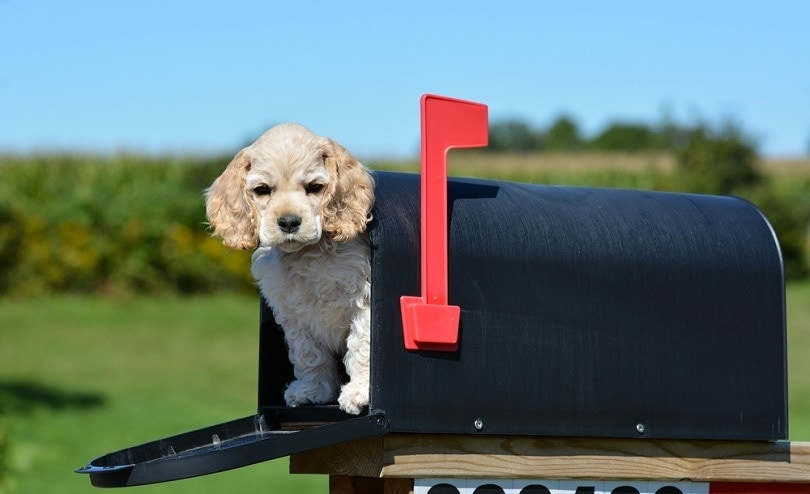Dog owners know that some dogs will chew or eat almost anything they can find. This is relatively normal behavior, especially in puppies; however, this habit can quickly turn compulsive and should be addressed as soon as possible.
Some dogs suffer from a condition known as pica, which is characterized by your dog craving and compulsively eating non-food items. Some dogs may obsess over one particular item — like rocks — while in others, it can manifest as a compulsion toward all sorts of other items, like shoes, socks, balls, and anything else they can get their teeth into. Identifying and diagnosing pica is relatively easy, as the diagnosis is determined purely by the behavior itself, but it may also be associated in rare cases with an underlying disease or disorder of some kind. The diagnosis may be easy, but finding out the root cause of the behavior and stopping it can present a challenge.
You may be stuck between a rock and a hard place when trying to stop your pooch from eating rocks. In this article, we’ll explore eight simple steps you can take to stop your dog from eating rocks, as well as the potential causes of the behavior.
Why Do Dogs Eat Rocks?
The first step in stopping your dog from eating rocks is to find the underlying cause of the behavior. Some form of pica is likely the cause, along with behavioral issues that need to be addressed. The following may be potential causes of the problem:
- Under-stimulation and lack of exercise is a fast track toward obsessive and behavioral problems, including chewing rocks. This is especially true in high-energy dogs.
- If your dog is anxious, scared, or traumatized by a past event (commonly seen in rescue dogs), compulsions like rock-eating are a common way for them to deal with their anxiety.
- Nutritional deficiency. Your dog may be chewing rocks to obtain a vitamin or mineral that is lacking in their diet, such as calcium or magnesium.
- Intestinal parasites. While this is an unlikely cause, intestinal parasites or an overabundance of certain bacteria can cause strange cravings in some dogs.
- Neurological disease. Your dog may be potentially suffering from some sort of neurological disease, causing them to have strange cravings.

Steps to Stop Your Dogs From Eating Rocks
Now that we’ve covered a few potential causes, let’s take a look at a few of the steps that you can take to help stop your pooch from eating rocks. You may only need to employ one of these methods for the habit to go away, but if the habit has morphed into more compulsive behavior, chances are that it will take more time and patience.
1. Remove any accessible rocks
It may sound obvious, but the first step is to remove any rocks or other inedible items so your dog cannot access them. Make sure their kennel and all the areas they frequently hang out are completely clear of any of these items. Gravel driveways or gardens with rock features may present a challenge, and you’ll need to stop your dog from accessing these areas as much as possible, at least temporarily.
By removing the rocks, you should remove the compulsion, but this is not always the case. While taking your dog for a regular walk, you are bound to come across rocks that will trigger your pooch back into chew mode. Or, they may direct the compulsion toward other objects, like chair and table legs or even their own paws.
2. Exercise
There is a ton of truth in the adage, “a tired dog is a well-behaved dog,” and mental and physical stimulation is essential to prevent unwanted behavior. Dogs that are under-stimulated and full of excess energy will almost always turn to disobedience and destructive behavior sooner or later.
Different breeds of dogs have vastly different exercise needs. A Border Collie, for example, needs more than double the amount of exercise that a Chihuahua does, and you need to adjust your exercise routine accordingly. Dogs of high intellect, like a Border Collie, will also need sufficient mental exercise in the form of games and training. Both mental and physical exercises are a vital part of your dog’s daily life to prevent boredom, and giving them this essential routine will go a long way toward mitigating unwanted behavior, like eating rocks.
See also: 10 Best Dog Puzzle Toys
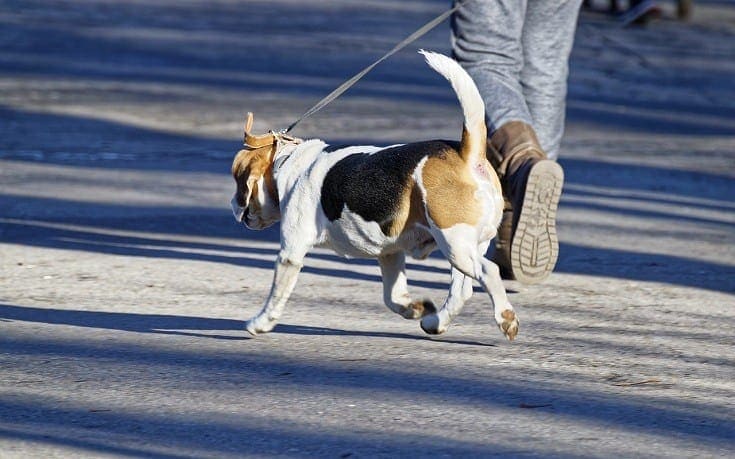
3. Training
The next vital step is training. Good training will provide essential mental stimulation, and it is a great form of regular exercise and bonding between you and your pooch. A well-trained dog is well versed in commands and walking with a leash, both of which will help in stopping the rock-eating habit. Walking your dog on a leash is a great way to supervise your dog around rocks on walks, and gentle commands and tugs on their leash will help divert their attention.
We recommend reward-based training for almost all dogs, as this is a gentle yet highly effective method of learning, especially for sensitive dogs. Distracting your dog from a rock that they are chewing with either a chew toy or treat and then rewarding them for the behavior may be the ideal method for stopping the habit.
4. Diet
Some dogs chew on rocks due to a mineral or vitamin deficiency in their diet. No matter the food you are feeding your dog — be it grain-free, raw, or low-carb – make sure it contains all the vitamins and minerals they need for a healthy, well-balanced diet.
This habit is typically due to a lack of minerals like calcium, manganese, or phosphorus, so check and make sure their food contains acceptable levels of these minerals. Dogs typically need 1 mg of calcium per calorie of food and around the same for phosphorus. Lean meats are fairly low in calcium but are high in phosphorus. Raw meaty bones are a great source of both these minerals, or you may want to consider a supplement.
Dividing your dog’s meals up into two or three smaller meals is also a great idea, especially if you have a high-energy dog with a fast metabolism. This regular feeding may help distract them from chewing rocks. Unless you have a dog that is highly food-orientated or overweight, free feeding with dry kibble for a period is also an option. Constant access to kibble might help stop stone chewing and eating habits.
5. Chew toys
Some dogs just love to chew, trained or untrained and pica or not, and chew toys or raw bones are essential to keep them occupied. Toys and treats are also a great tool in training and provide an excellent alternative to give your dog when you take away their precious rock.
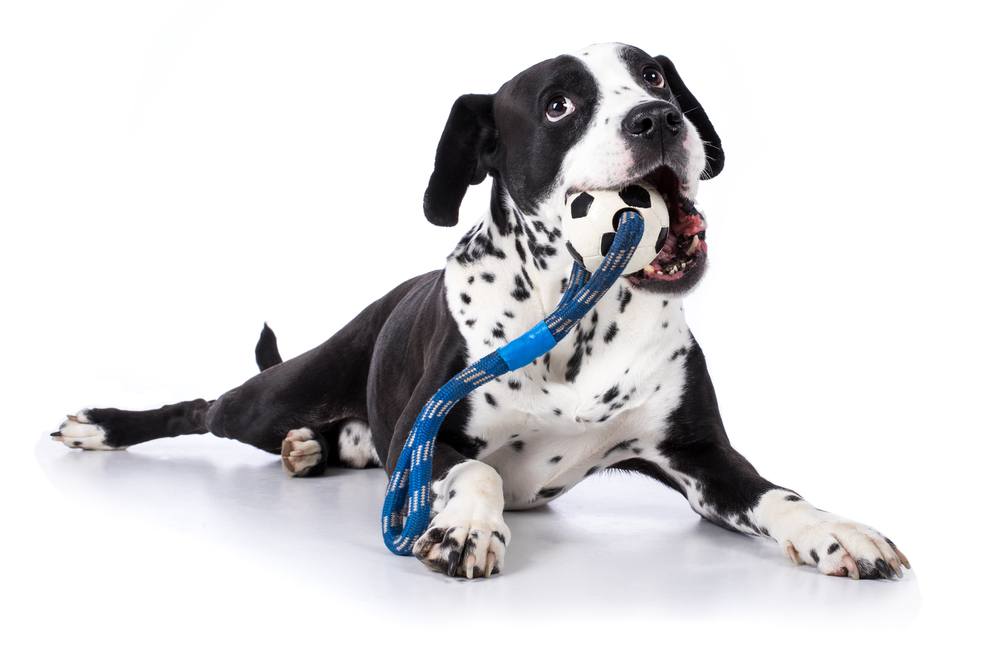
Of course, giving your dog a chew toy over a rock may seem like replacing one bad habit with another, but it is a useful temporary solution. The chew toy can always be taken away or given only as a reward for good behavior along with treats. Remember that every interaction with your dog is an opportunity to teach them good behavior or correct bad behavior. A chew toy can be introduced as a temporary measure to redirect their habit of eating rocks and then slowly replaced with good habits.
6. Supervision
You cannot be around your dog 24/7, but when you are attempting to break their rock-eating habit, supervision is key. If there are no rocks or potential replacements inside, they are fine, but as soon as they are out in the yard or on a walk, you’ll need to keep a sharp eye on them. Once the habit is broken, you’ll need to do this less and less, but one stray rock can end weeks of hard work.
7. Deterrent
Sometimes it is almost impossible to remove every rock in your dog’s vicinity. In the early stages of breaking the habit or if nothing else is working, you may consider using a deterrent on the rocks or even placing rocks near your pooch that have been applied with a deterrent to further put them off. These products are made especially for dogs and perfectly safe to use. They are usually bitter to prevent your dogs from chewing rocks or any other inedible items. Hopefully, after tasting bitter rocks for a few days, they’ll lose interest.
8. Visit your vet
If you have tried all the above steps or if you notice any other associated symptoms along with rock-eating, a visit to your local vet is the next logical step. It is possible that your dog may be suffering from an underlying neurological issue that only a vet can diagnose.
Also, if the issue has become a chronic problem or has been going on for some time, your dog may already have swallowed small rocks that could potentially be lodged in their stomach. If your dog is showing any signs of pain or discomfort during or after you catch them with a rock in their mouth, visiting your vet should be the immediate course of action.

Final Thoughts
As with most behavioral issues in dogs, the solution begins with good training and a consistent exercise regimen. A lack of these two vital factors will almost always result in unwanted behavior, and the inclusion of them will often help fix unwanted behavior, including eating rocks.
As always, a consultation with your vet is the best course of action, but hopefully, these eight simple steps will help stop your dog’s rock-eating for good.
Featured Image Credit: Guillem Gaber, Shutterstock

